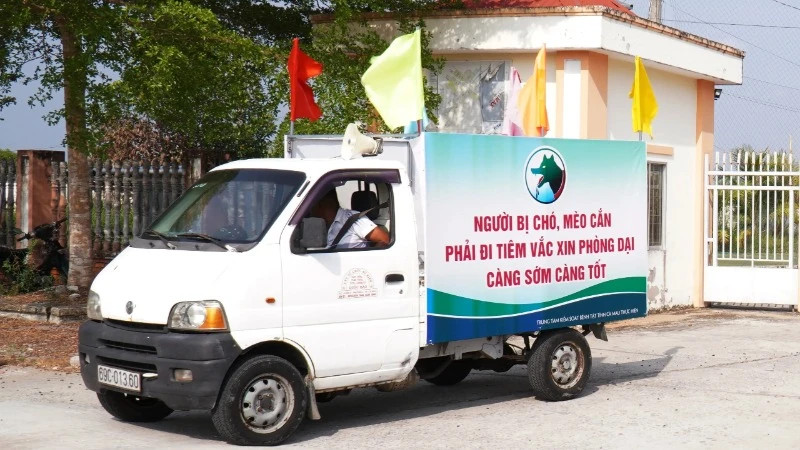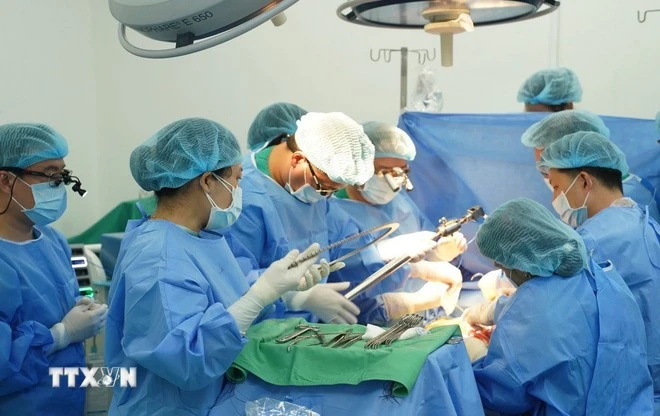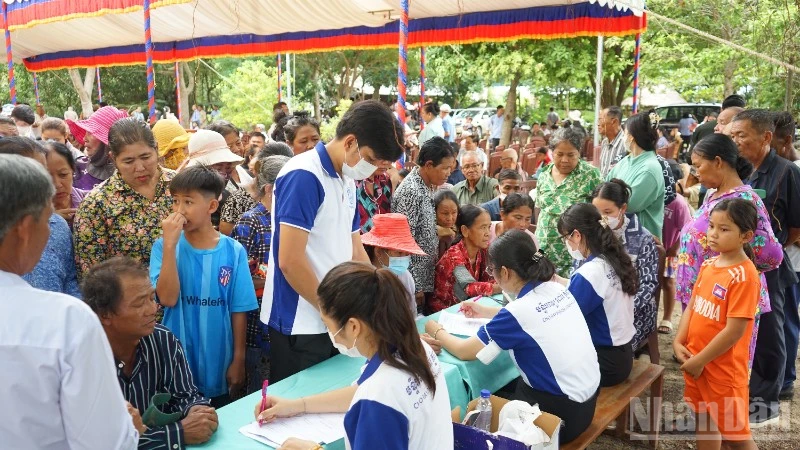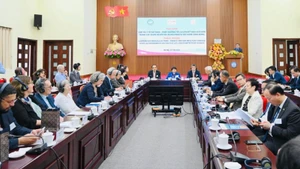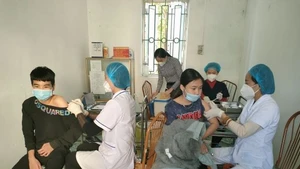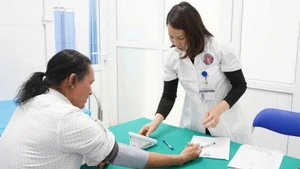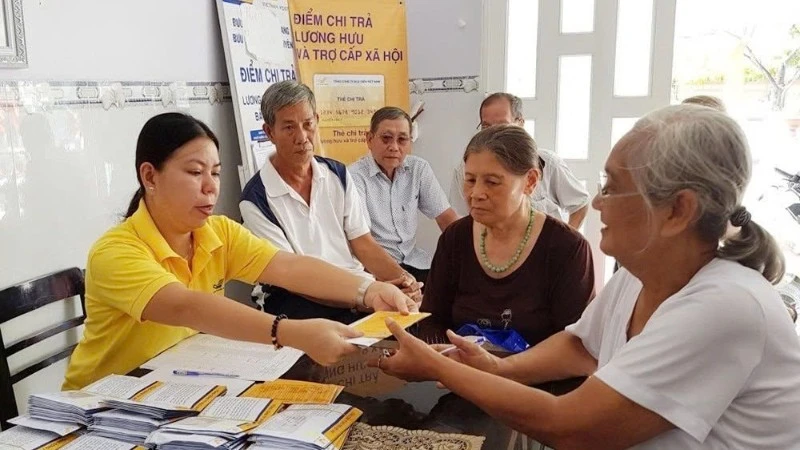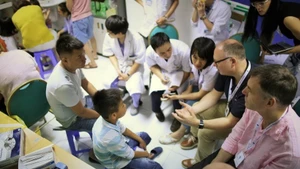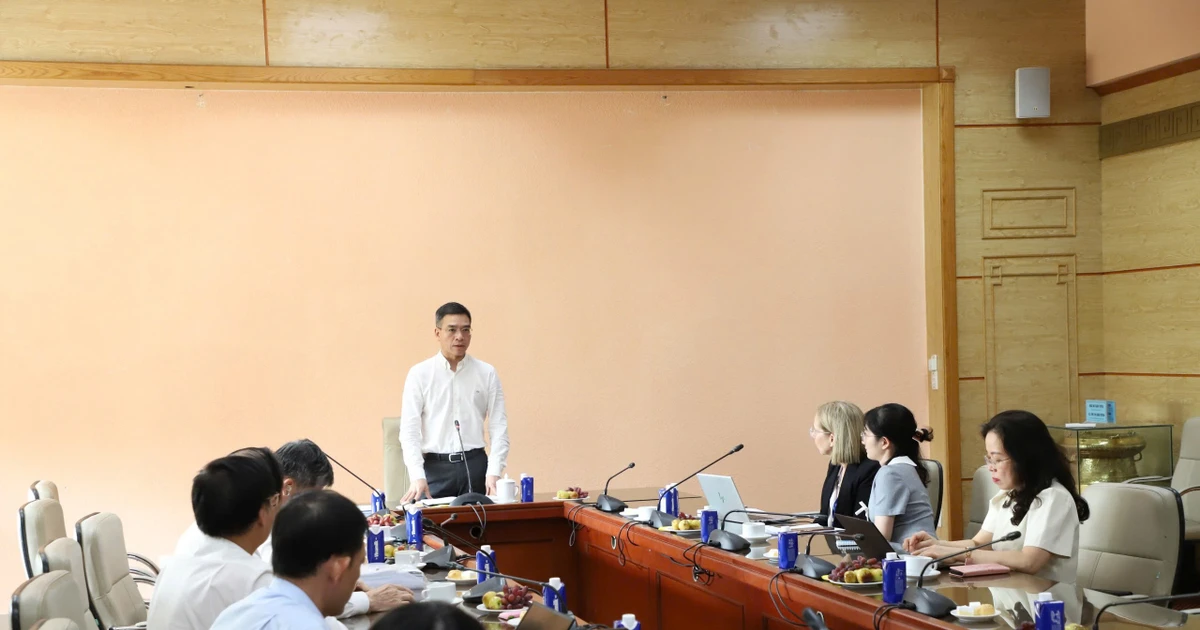One Health approach: A key element in disease prevention
Recently, the Ministry of Health, the Ministry of Agriculture and Rural Development, and the Ministry of Natural Resources and Environment, in collaboration with the United States Agency for International Development (USAID) and the global animal welfare organisation FOUR PAWS International (FPI), organised the annual high-level One Health Forum for the prevention of diseases transmitted from animals to humans. This event was held under the One Health Partnership (OHP) framework for 2024, covering the 2021-2025 period.
According to evaluations from forum members and working groups, the One Health Partnership, led by the Ministry of Agriculture and Rural Development, has consistently innovated its coordination and management strategies over the past nearly two decades. The focus on multi-sectoral collaboration has made the partnership increasingly effective, with stakeholders proactively engaging in technical groups and mechanisms.
The forum highlighted strong coordination among ministries and agencies in institutionalising One Health activities, effectively managing emergencies, and building capacity to implement international health regulations and veterinary capabilities. Achievements include the formulation of the 2023-2030 Antimicrobial Resistance Strategy, as approved by the government in September 2023.
Phung Duc Tien, Deputy Minister of Agriculture and Rural Development, emphasised that amidst unpredictable global economic and political shifts as well as complex natural disasters, the agriculture, health, and environmental sectors in 2024 have actively integrated One Health programmes into their strategic plans. This integration ensures health safety for humans, livestock, and the environment while addressing food safety, post-disaster recovery, and disease prevention to stabilise people’s lives.
These successes underscore the resilience and determination of the political system and the concerted efforts of ministries, localities, businesses, and the general public.
Deputy Minister of Health Le Duc Luan stressed the importance of intersectoral collaboration and the One Health approach in enhancing the effectiveness of disease prevention, drawing lessons from the global COVID-19 pandemic. Vietnam successfully applied this approach to control high-pathogenic avian influenza A(H5N1), SARS, and H1N1 flu outbreaks in the early 21st century.
Deputy Minister Luan noted that the health sector alone cannot manage infectious diseases, especially those involving multiple sectors, such as zoonotic diseases, antimicrobial resistance, food safety, and environmental health. The Ministry of Health is committed to further advancing disease prevention activities and fostering international cooperation under the One Health framework.
Promoting collaboration and addressing emerging infectious disease threats
On behalf of development partners, USAID Director in Vietnam Aler Grubbs highlighted that since 2005, the US has contributed over 155 million USD to support Vietnam’s One Health efforts. These efforts aim to prevent pandemics and address emerging infectious diseases, including antimicrobial resistance. USAID’s contributions are in alignment with the comprehensive strategic partnership priorities between the US and Vietnam.
Martina Stephany, Senior Programme Director of FPI, praised Vietnam as a model for One Health coordination and implementation. She noted that the partnership serves as a critical forum for government agencies and international partners to address urgent challenges in a collaborative manner.
As a permanent international partner, FPI is committed to supporting technical groups under the OHP framework. This includes enhancing the welfare of companion animals and reducing health risks associated with the dog and cat meat trade. Martina Stephany emphasised that the estimated annual trade of six million dogs and cats for meat poses significant risks for rabies and other zoonotic diseases.
Dr Karan Kukreja, Head of FPI’s Companion Animal Programme in Southeast Asia, pointed out that the transportation and trade of millions of dogs and cats exacerbates infection risks and reduces rabies vaccination rates in Vietnam. FPI recommends the gradual phasing out of the dog and cat meat trade as part of efforts to mitigate health risks. The organisation and its partners are ready to assist the government in implementing these measures.
The One Health Partnership Framework for the 2021-2025 period, signed on March 23, 2021, now includes 32 official members. The National Master Plan for One Health on preventing zoonotic diseases, approved on March 21, 2022, has facilitated the implementation of over 100 programmes and projects. This demonstrates Vietnam’s commitment to strengthening its health systems and fostering sustainable partnerships in disease prevention.
